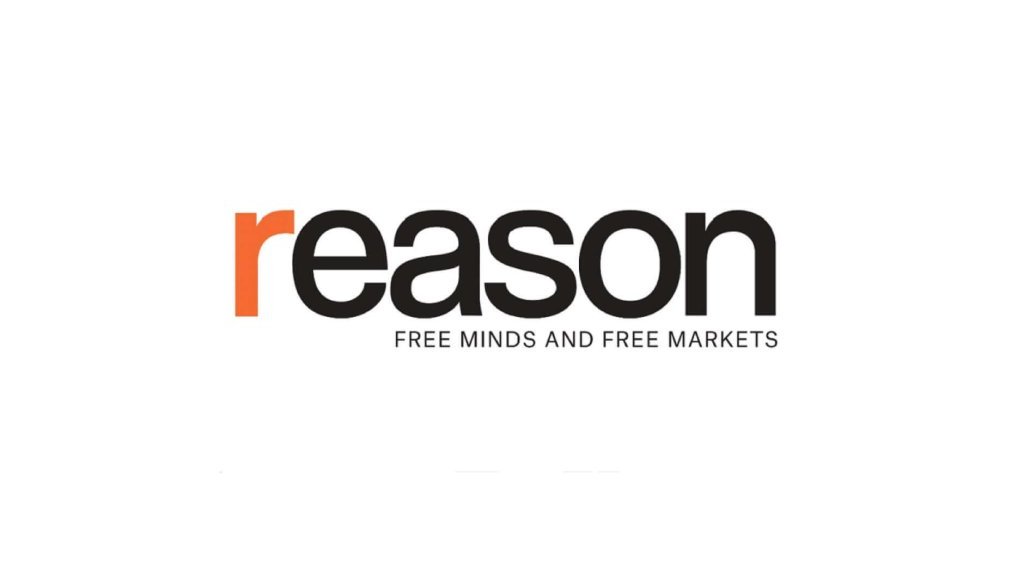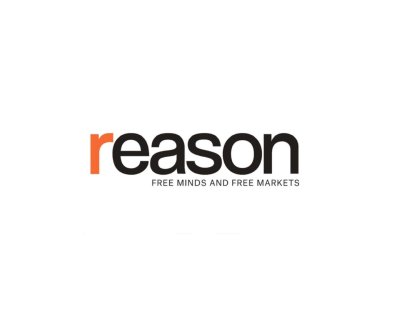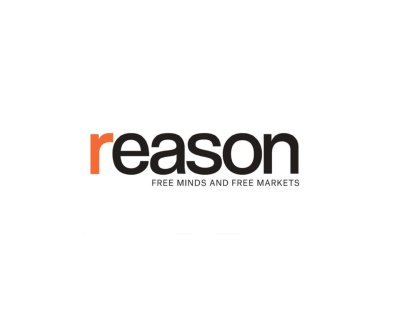The ‘Degrowth’ Mentality Promises a World of Poverty and Misery
Some ideas are so incredibly asinine and destructive that you’ll of course find some high-brow academic movement that promotes them. Such is the case with something known as “degrowth”—a burgeoning philosophy arguing that humanity’s continuing pursuit of economic betterment is unsustainable and a threat to the planet. Popular among environmentalists, it’s a predictable end point for some climate-change warriors.
Per a pro-degrowth website, this idea “critiques the global capitalist system which pursues growth at all costs, causing human exploitation and environmental destruction.” It wants to “prioritize social and ecological well-being instead of corporate profits…and excess consumption.” Degrowth “requires radical redistribution, reduction in the material size of the global economy, and a shift in common values towards care, solidarity, and autonomy.”
It’s the latest environmental-oriented take on the same-old left-wing totalitarianism, as it would take immense government power to radically redistribute resources and determine how to re-order society. However this concept would be implemented, it certainly would enslave and impoverish virtually everyone, and lead to famine and misery.
Degrowth is unlikely to become a governing model anytime soon, but it’s best to debunk dangerous idiocy as it rears its head. One might argue that progressive policy makers in California are engaged in a kinder, gentler version as they crush the oil and gas industry and try to remake our economy and rejigger land-use patterns to promote a “sustainable” and carbon-free future.
I’m fascinated by the degrowth movement because of its mind-blowing misunderstanding of modern society’s unparalleled success in improving the human condition. With full bellies and from the comfort of their climate-controlled homes in Western democracies, degrowth theorists propose turning back the clock on the myriad advancements that have extended and improved our lives. Its mere existence reminds us that every generation is susceptible to utopian nonsense.
“The point is not to end a ‘bad’ economy and put a ‘good’ one in its stead, to have ‘good’ growth or ‘good’ development by declaring them ecological or social or ‘fair trade,’ by throwing in some state regulations or some notions of giving and solidarity,” writes one of degrowth’s best-known modern theorists, French professor Serge Latouche. “The point is to get out of economics.”
He envisions an alternate world “somewhat akin to those Stone Age affluent societies that…never had an economy.” Well, at least he said the quiet part out loud. The average life expectancy in the Stone Age was 20-25 years. I doubt humans were particularly happy (happiness is a degrowth goal) when life was so nasty, brutish, and short. I actually never thought I’d see the terms “Stone Age” and “affluent” in the same sentence.
There is no “getting out” of economics. Economics simply refers to the way that societies handle the age-old question of production. Latouche claims economics is like religion, but it’s more like a science. One cannot simply wish away the forces of gravity or scarcity. There’s always more demand for necessary and desi
Article from Latest

The Reason Magazine website is a go-to destination for libertarians seeking cogent analysis, investigative reporting, and thought-provoking commentary. Championing the principles of individual freedom, limited government, and free markets, the site offers a diverse range of articles, videos, and podcasts that challenge conventional wisdom and advocate for libertarian solutions. Whether you’re interested in politics, culture, or technology, Reason provides a unique lens that prioritizes liberty and rational discourse. It’s an essential resource for those who value critical thinking and nuanced debate in the pursuit of a freer society.




